GPE in action
GPE 2025 aims to accelerate access, learning outcomes and gender equality through equitable, inclusive and resilient education systems fit for the 21st century.
GPE helps partner countries develop resilient education systems by supporting planning and capacity development, building on data and evidence about climate change risks, and promoting contingency planning and targeted strategies to keep children, including the most vulnerable, learning.
GPE promotes climate change education and disaster risk awareness through curriculum and teacher training, at each stage of a child’s education, including early learning, foundational skills and the wider range of skills necessary to prepare students for the 21st century.
Through grants, technical assistance initiatives and partnerships bridging education and climate finance, GPE is working to ensure all education systems are climate smart.
Publications
Climate smart education system initiative
GPE is working with Save the Children, UNESCO and UNESCO-IIEP to enhance countries' capacities to mainstream climate change adaptation and environmental sustainability into education sector plans, budgets and strategies, and their capacity for cross-sectoral coordination on climate and environment-related policy and programming.
The initiative provides targeted, context-specific technical assistance to:
- Strengthen evidence-based planning and policy development for climate change adaptation and environmental sustainability strategies
- Improve cross-ministerial coordination and planning (ministries of education, climate change, disaster risk management and environmental sustainability)
- Support education ministries to access climate finance to integrate climate change into the education sector
- Integrate climate change data into the management of the education sector including for the collection, harmonization, analysis and use of country-level data on climate change
- Support safer, greener and more resilient education infrastructure
- Strengthen implementation of climate-risk reduction and resilience strategies, including comprehensive approaches to school safety
- Integrate climate change into curricula, pedagogy and teacher training.
Beginning with support to Malawi and Zimbabwe, the initiative is expanding to support up to 35 of the most climate-vulnerable countries between 2024 and 2026.
The initiative is using a phased approach, beginning with a consultative phase (scoping; prioritization of country needs), followed by the development of a country work plan and the implementation of technical support valued at between US$400,000 and $700,000. Countries are prioritized to receive this support on the basis of high climate vulnerability.
Eligible countries
- Bangladesh
- Cabo Verde
- Cambodia
- Chad
- Comoros
- Dominica
- Ethiopia
- Fiji
- FS Micronesia
- Grenada
- Guyana
- Haiti
- Kiribati
- Lao PDR
- Madagascar
- Maldives
- Marshall Islands
- Mozambique
- Nepal
- Niger
- Pakistan
- Papua New Guinea
- Saint Lucia
- Saint Vincent and the Grenadines
- Samoa
- São Tomé and Príncipe
- Solomon Islands
- Somalia
- South Sudan
- Timor Leste
- Tonga
- Tuvalu
- Vanuatu
BRACE
GPE is partnering to mobilize co-financing from the climate sector to enable stronger climate adaptation efforts in education.
In November 2023 at COP28, GPE and the Green Climate Fund joined forces with Save the Children and partner governments to launch the Building the Climate Resilience of Children and Communities through the Education Sector (BRACE) initiative.
BRACE is the first collaboration between the world’s two largest funds for climate and education to build safer and greener schools, embed climate change in school curricula; and ensure early warning systems reach schools and children when climate shocks arise.
- Starting in Cambodia, South Sudan and Tonga, BRACE will unlock climate finance from the Green Climate Fund by leveraging co-financing from GPE grants to support the implementation of evidence-based climate adaptation efforts in the education sector, building on the three pillars of a climate-focused Comprehensive School Safety Framework.
- BRACE builds on GPE’s Climate Smart Education System initiative to improve the readiness of 20 of the most climate-vulnerable countries to access climate finance, in turn developing a viable pipeline for future investments.
- BRACE focuses on global coordination, knowledge and learning to build expertise across the education sector about good practice, effective interventions and coherent methodologies for climate finance programming and monitoring in education, with the aim of catalyzing and aligning investments from climate finance institutions, education donors domestic resources and other sources of finance (including education focused philanthropies).
BRACE is under design and expected to begin implementation in early 2025 following approval of GCF financing.







